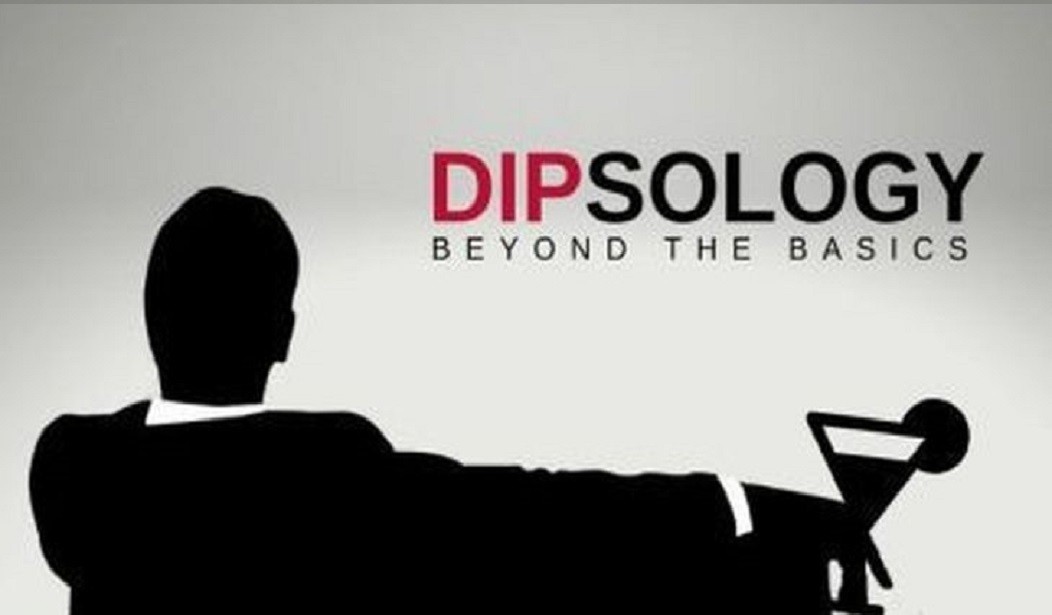As Ward Clark covered this week, the Daily Mail reported it spoke with President Biden’s Alcohol Czar, Dr. George Koob, and he was poised to come out with a new set of health standards that would limit Americans' consumption of alcohol. This new 2-beers-a-week standard is what most of us call "the first round." This double shot of apathy of an announcement was met with widespread reactions and questions. Two of the most common points of inquiry seemed to be:
What in the living hell is an ‘Alcohol Czar?!
Why in the living hell does Biden have an Alcohol Czar?!
Of course, the primary reaction was, “Good luck enforcing this, Dr. Buzzkill,” and I will admit to a certain very small degree, the announcement was successful. The announced drinking limit did get me to at least briefly stop drinking – I had to pause from imbibing for a moment until my laughter subsided. The government trying to compel us to stop drinking carries with it a paradox, as much of the government’s activities are what drive us to the tavern.
It calls to mind the old adage: “Because of this, I am not drinking anymore. Of course, I am not drinking any less, either.”
This announcement had both the neutered approach to things, but buried deep is also some pernicious statist thinking. Initially, there is little to be concerned with. These are, in the end, recommendations and guidelines, not governmental mandates. Just look at the specifics where what Dr. Koob is saying is that this would be a revision of current drinking guidelines. I think most people who savor the spirits would be as surprised to learn we have current drinking guidelines, as much as they were surprised to learn of an Alcohol Czar.
That said, this does carry some words of concern. The very fact that the government wants to involve itself in our private affairs yet again is a bother. But then Dr. Koob says he issues this new edict with an eye on Canada’s health standards regarding drinking, a country that has displayed a mounting tendency to view personal liberty as an annoyance. Using them as a guide should set off some warning lights.

And look at the language used by both Koob and the Daily Mail. “Americans could be told to limit themselves,” goes the introduction. In describing the current standards, they state what men and women “can have” on a daily basis. The other concern is the number of studies floating around that analyze the effects of drinking, as we have seen with the pandemic the lengths the governments will go in the name of protecting the health of the public.
A 2020 report cited health risks associated with drinking and suggested limiting intake to one drink a day. The next year the American Cancer Society attributed 5 percent of cancer cases to alcohol. Another study tied drinking to heart disease. This June, a larger medical study came out of Oxford and cited SIXTY diseases – 60 – to alcohol consumption. The science journal Nature elevated that disease risk to 200.
So the medical justification is in place. This could become the impetus for conditioning the populace to accept this as the new normal approach to drinking. Look, we all know about the failed experiment that was Prohibition one century ago, but as we have seen over the generations (just look at the recidivist nature of socialism), failed political ideologies are never surrendered; those merely become repackaged.
One thing to understand is that with any government control desires, the politicians and social activists play the long game by chipping away at standards and practices until they gain the needed leverage. Prohibition was not a novel concept suddenly brought up and accidentally passed. The temperance movement began in the late 1800s, and those leaders fought steadily to convince politicians to get their representatives elected for decades before Prohibition was drafted and eventually codified as the 18th Amendment.
One thing to take to heart: it took less than half that time to realize the folly of this measure, and the 21st Amendment repealing this boondoggle of Constitutional corruption was drafted and ratified within one calendar year. It is rather amusing to consider that it is the people supposedly affected by the mental effects of the giggle juice were actually clear-thinking individuals on the subject.
















